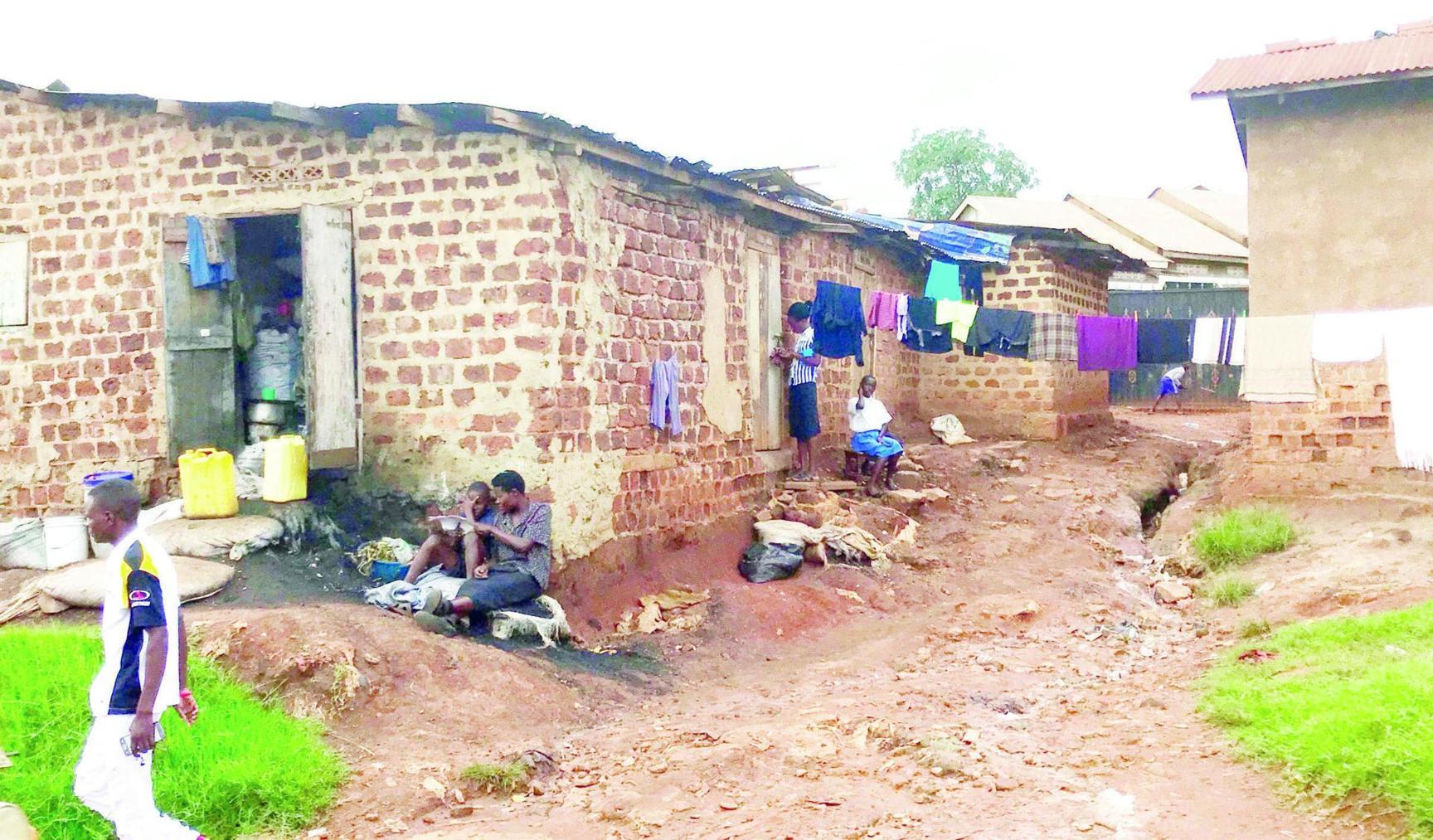Africa-Press – Malawi. Malawians will experience their fourth consecutive year of declining per capita income in 2025, with inflation soaring above 30 percent, the World Bank has warned.
The bank projects economic growth at just 2 percent this year—below government’s 2.3 percent forecast—driven by structural imbalances that constrain productivity and investment.
Inflation is expected to hover above 30 percent, significantly higher than government’s 28.3 percent projection, pushing the headcount poverty rate to 75.4 percent.
The dismal growth trajectory means Malawi’s economy will have expanded by a mere 1.82 percent annually over the five-year period ending 2025—far below the 6 percent target outlined in the Malawi 2063 development blueprint.
Gross domestic product (GDP) per capita has plummeted from $617.4 in 2021 to $561 in 2024, with further decline anticipated this year.
This trend undermines the country’s development goal of raising per capita income above $1,000 to achieve lower middle-income status.
“In the past three years, per capita income has declined as Malawi’s economic growth lagged population growth,” the World Bank states on its website.
The bank identifies widening fiscal and current account deficits, unsustainable debt burden, increasing capital and price controls, and severe foreign exchange shortages as key factors hindering economic stabilisation.
Import bans and price controls are worsening conditions while subsidies and excessive expenditures exacerbate fiscal imbalances and economic fragility, according to the bank.
Growth is projected to improve marginally to 2.4 percent in 2026, but this remains insufficient to prevent another contraction in GDP per capita given higher population growth rates.
The economic decline has generated widespread unemployment and pushed poverty rates up by 24.7 percentage points over five years, economists warn.
In an interview, economic expert Dalitso Kubalasa said combating corruption, sealing public resource leakages and prioritising human capital development were crucial for recovery.
He called for stable, predictable policies to rebuild investor confidence, revitalise local production in agriculture and small businesses and address power and water crises that hamper productivity.
“One thing is clear; the average Malawian is facing decline in their standard of living year after year. The authorities need to abandon bad policies such as blanket subsidies, excessive borrowing for consumption, particularly for flashy politically correct projects that don’t yield returns,” Kubalasa said.
He criticised “stagnant government practices that stifle private sector growth and local innovation”.
In a separate interview, another economist Velli Nyirongo said this was concerning.
He said the average income was falling because economic growth was not keeping up with the fast-growing population.
“GDP per capita has dropped from $617.4 in 2021 to $561 in 2024, with further decline expected. This threatens our ambition to reach lower middle-income status.
“High inflation— driven by rising food prices, a weakening currency and supply disruptions—is cutting into people’s purchasing power, high unemployment and pushing many deeper into poverty. Poor business environment is also affecting economic growth. The World Bank’s projection, that over 75 percent of Malawians may live below the poverty line, is alarming.
“These challenges are worsened by long-standing problems such as poor business environment caused by foreign exchange shortages, fiscal space challenges and shocks that hurt agriculture, which remains our economic backbone,” Nyirongo said.
For More News And Analysis About Malawi Follow Africa-Press






